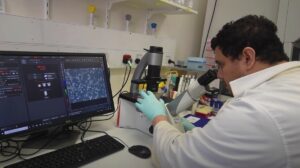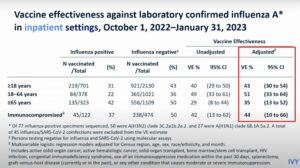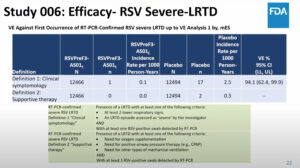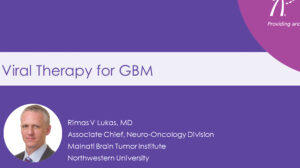NEW YORK (Reuters Health) – The results of a US study suggest that from 2001 to 2006 there has been a marked increase in the proportion of acute and chronic sinusitis cases with methicillin-resistant Staphylococcus aureus (MRSA) isolates.
“An increase in the recovery of MRSA was recently noted in various infectious sites, including acute and chronic sinusitis in studies that were done in Taiwan,” lead researcher Dr. Itzhak Brook told Reuters Health. “However, no report of this increase was generated from any other country, including the US. Ours is the first study that actually shows an increase in recent years (2004-2006) as compared to previous ones (2001-2003).”
Dr. Brook, who is with Georgetown University School of Medicine in Washington, DC, presented the findings Saturday at the combined annual meeting of the Interscience Conference on Antimicrobial Agents and Chemotherapy (ICAAC) and the Infectious Diseases Society of America (IDSA) in Washington, DC.
The study featured an analysis of cultures from 458 patients with acute (244) or chronic (214) maxillary sinusitis. Of these patients, 215 were evaluated between 2001 and 2003 and 243 were seen from 2004 to 2006.
For acute sinusitis, the percentage of S. aureus-colonized patients with MRSA rose from 30% (3 of 10) to 69% (9 of 13) between the two periods (p < 0.01). Likewise, for chronic sinusitis, the percentage increased from 27% (4 of 15) to 61% (14 of 23), the report shows (p < 0.05).
Overall, 122 of the 214 patient with chronic sinusitis received antimicrobial therapy in the past 3 months. The rate of MRSA isolation in these patients was 23% compared with a rate of just 11% in their peers not treated with antimicrobial therapy (p < 0.05).
“It is important to remind the public and clinicians that over 98% of acute sinusitis is viral and resolves without antibiotics. Reducing the overall use of antibiotics for colds and non-bacterial sinusitis will reduce the emergence of MRSA sinus infection,” Dr. Brook emphasized.
“The results of our study,” he added, “underscore the importance of performing routine endoscopic cultures, especially in patients who fail to respond to empiric antimicrobial therapy.”
For more information, visit:
Interscience Conference on Antimicrobial Agents and Chemotherapy




